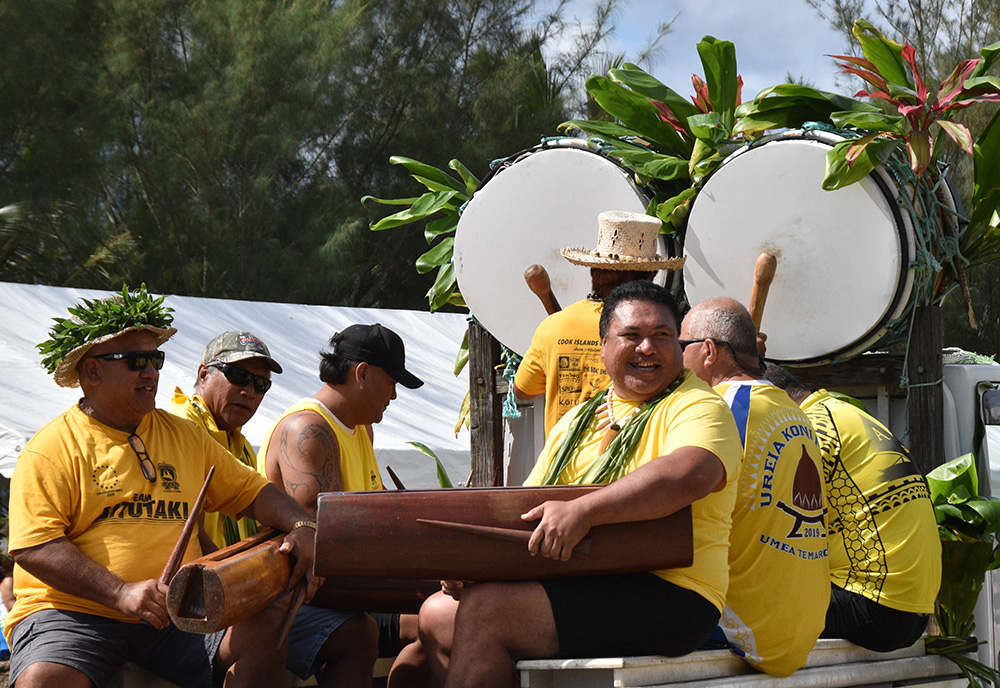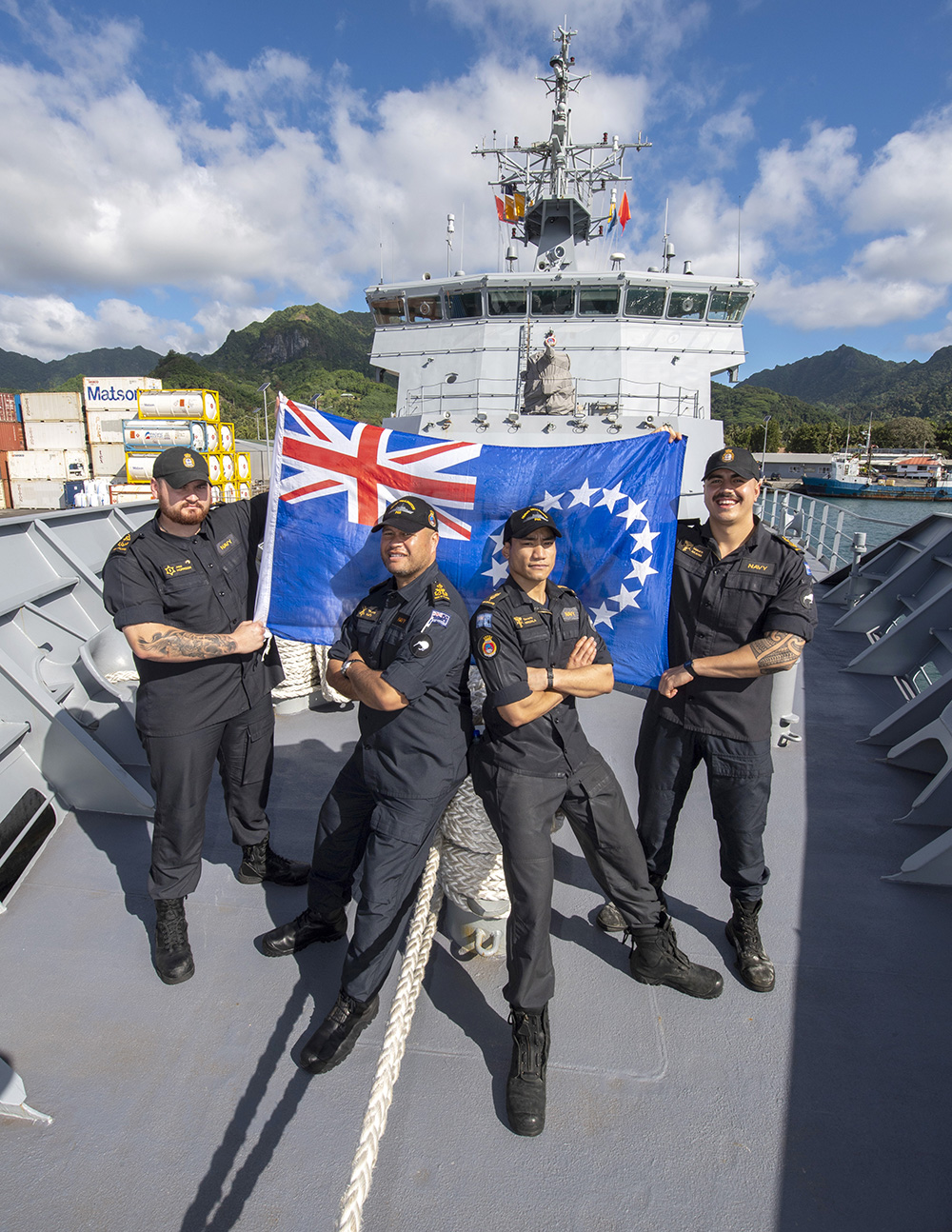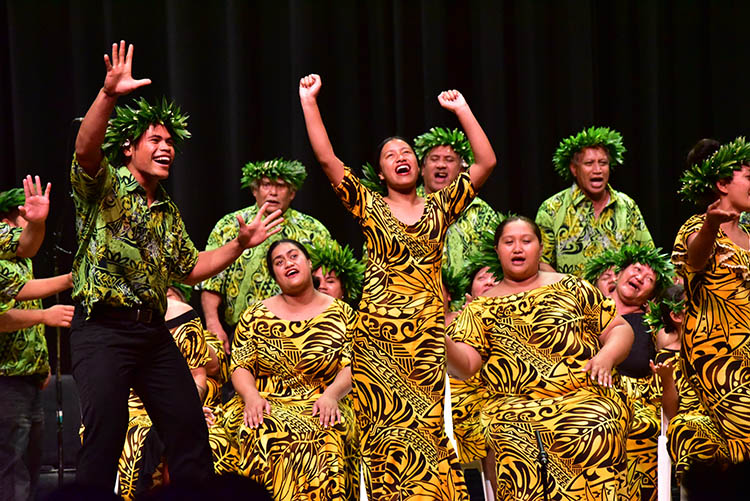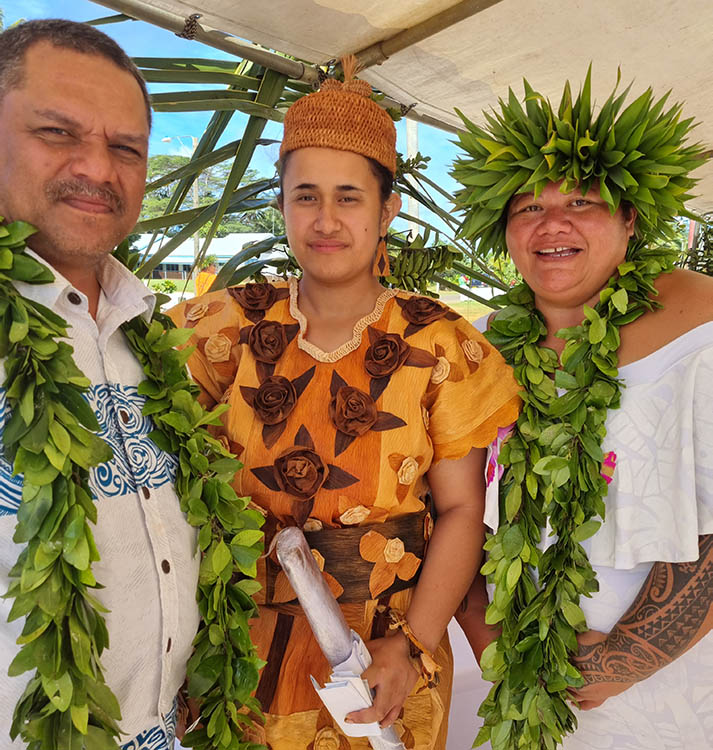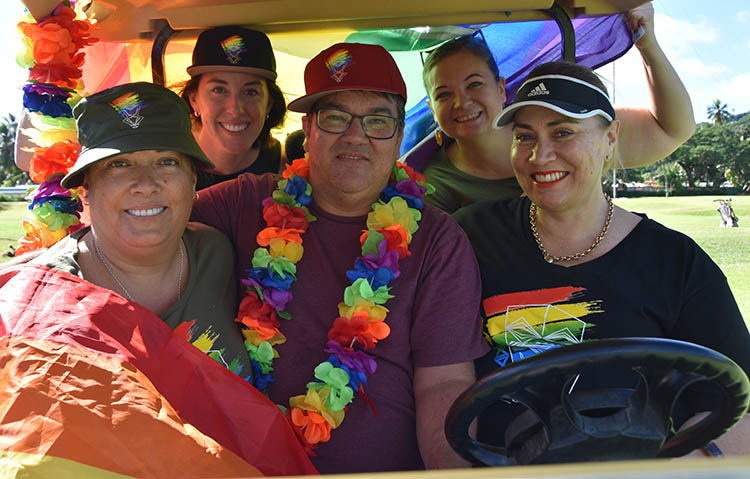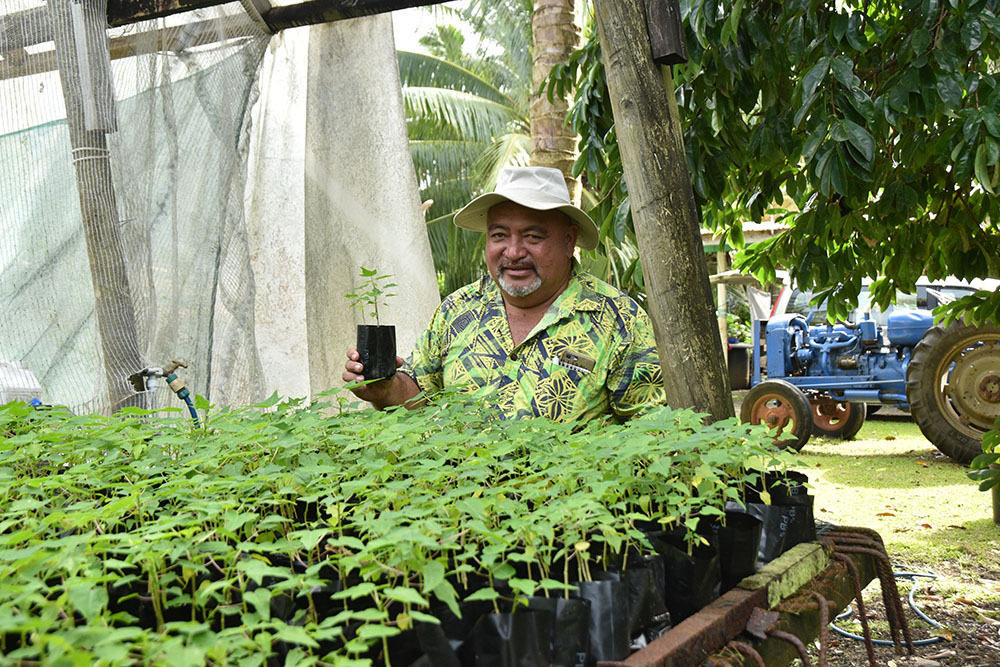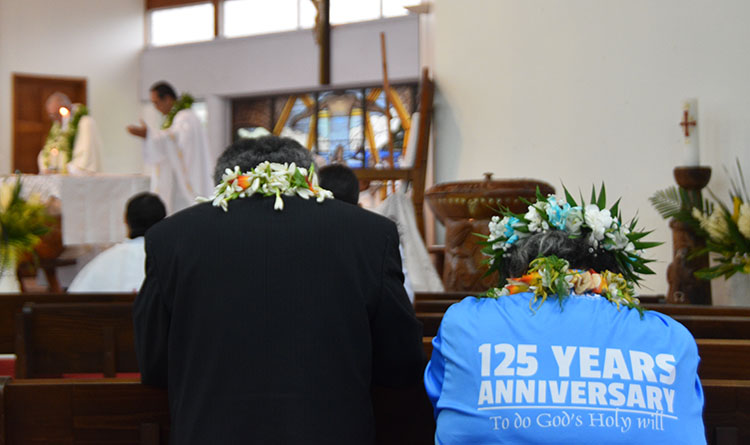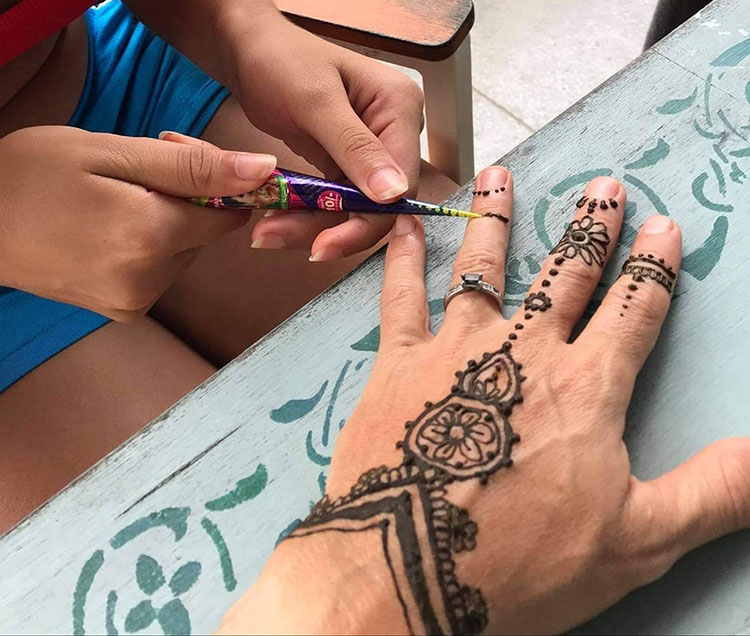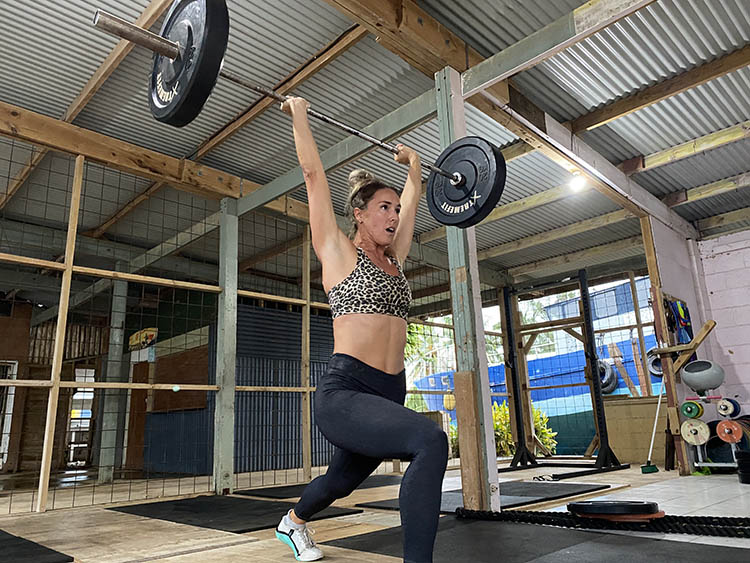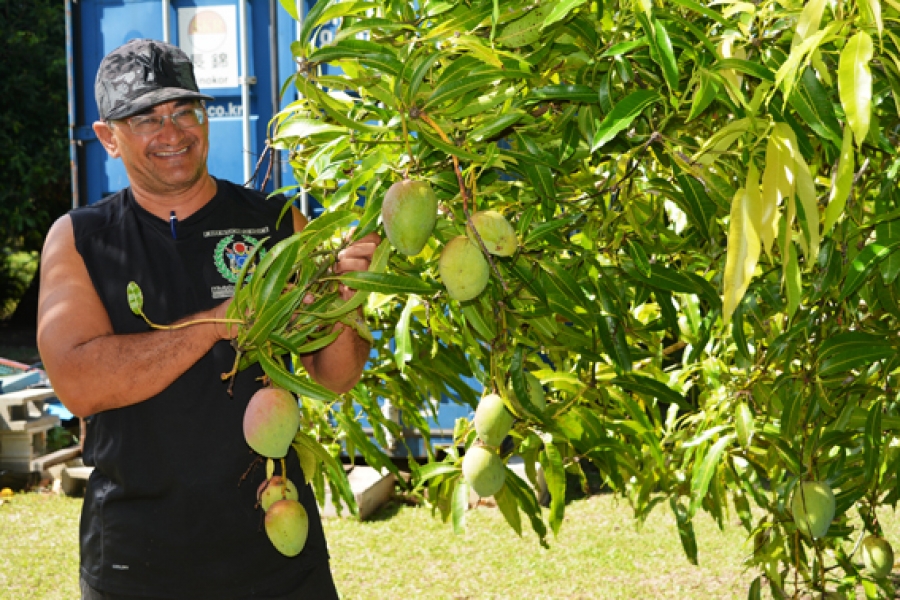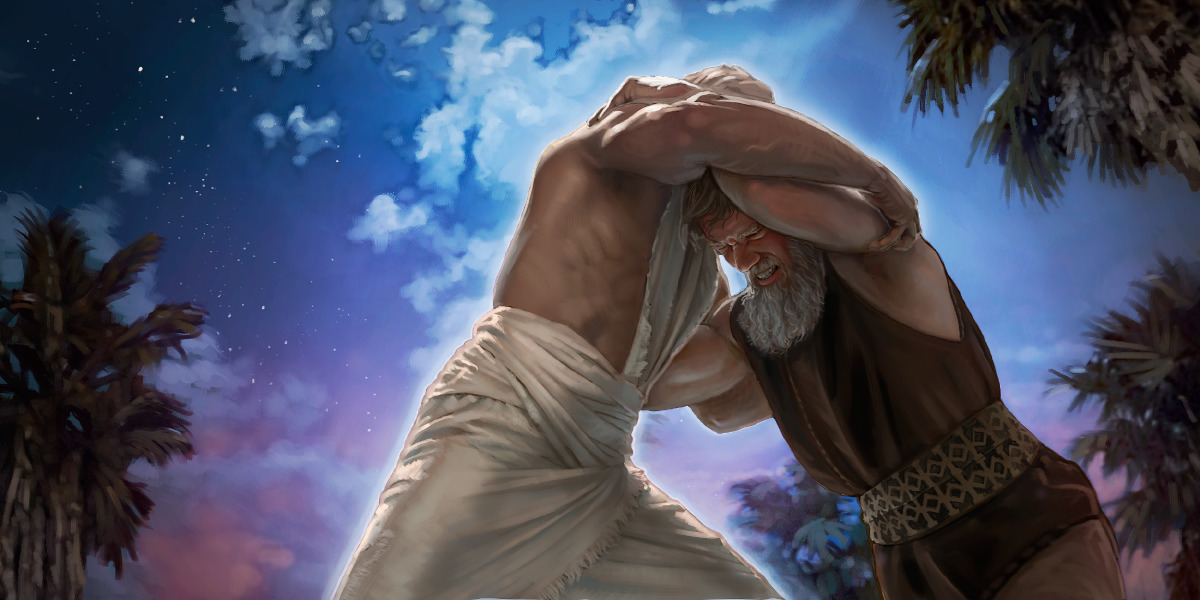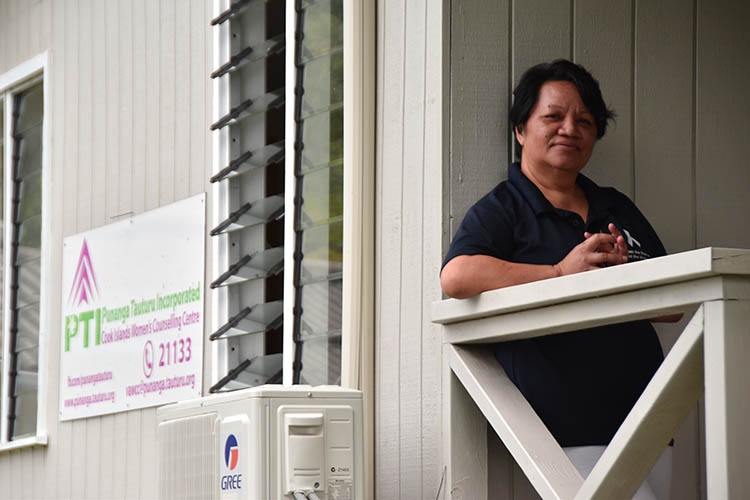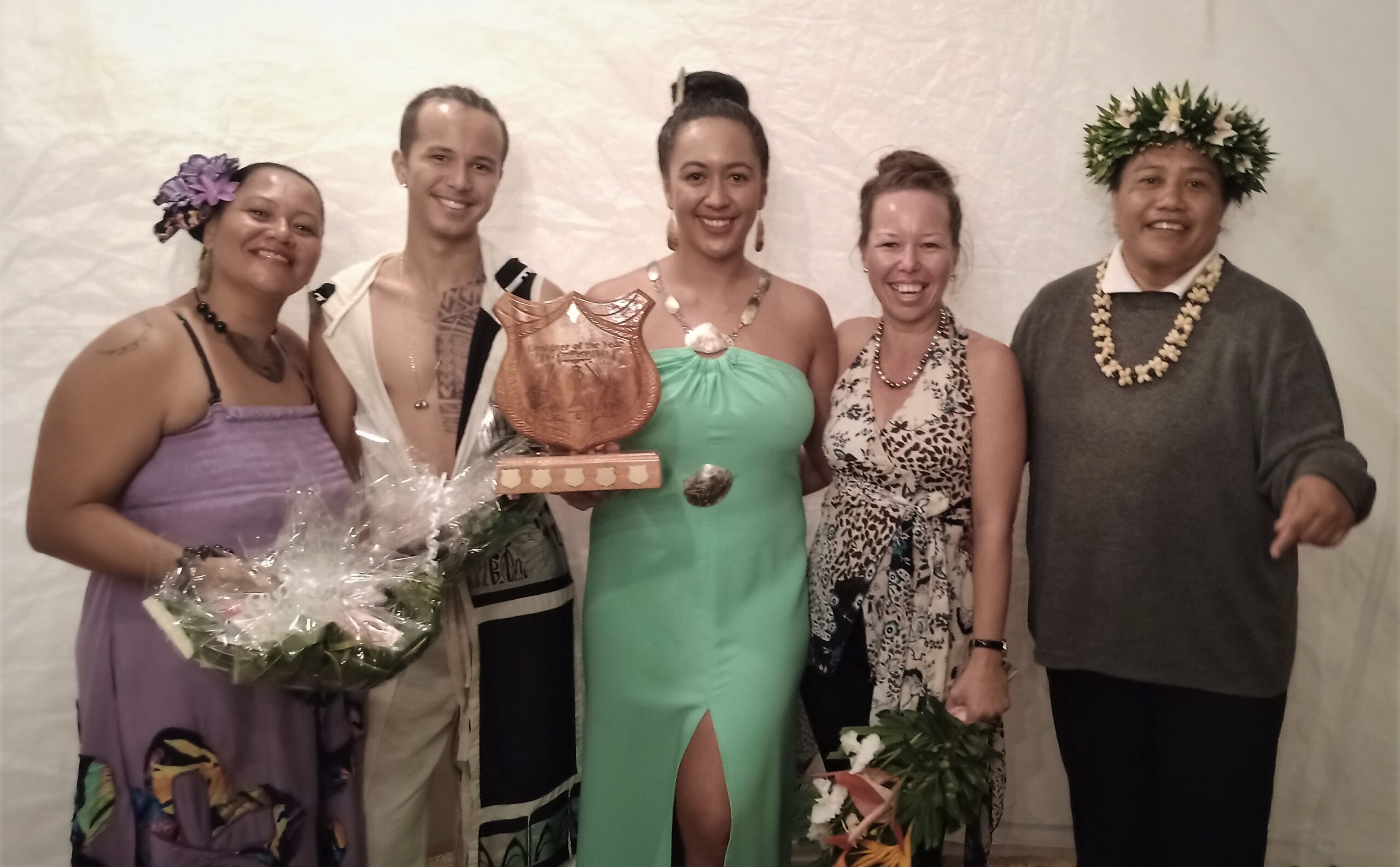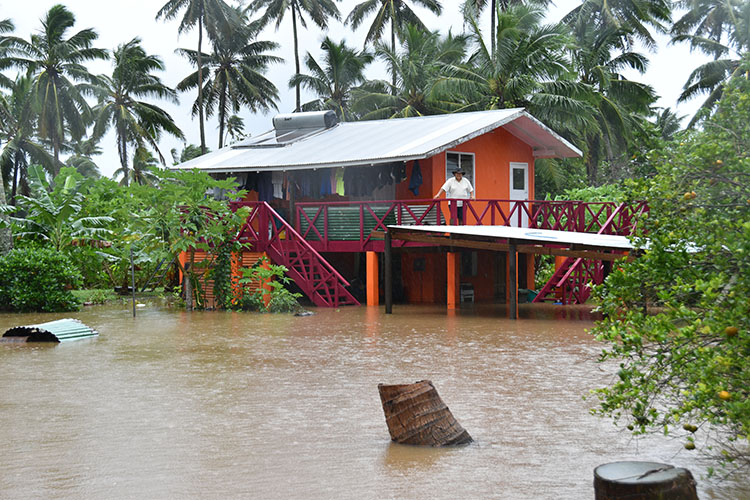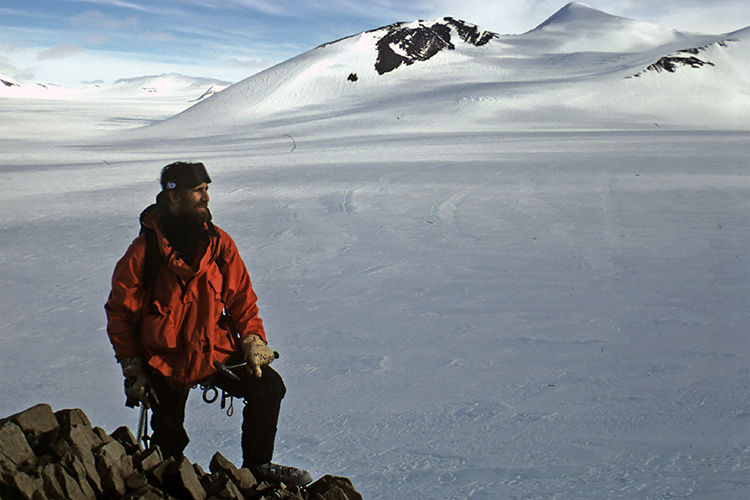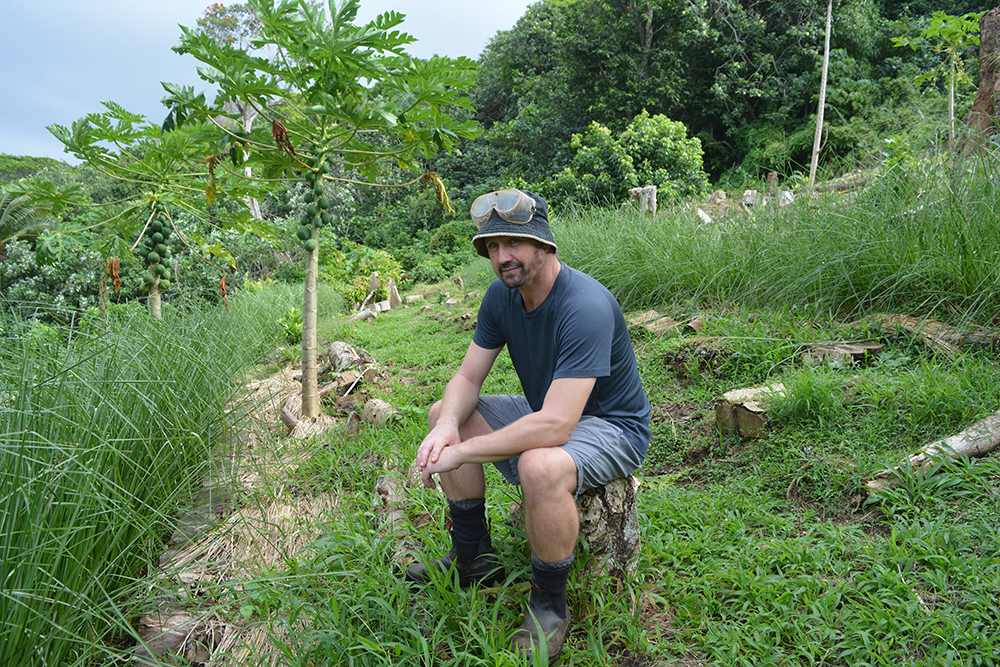Features
Film Raro2 casting call open to all ages
Fearless Cook Islands heroes and heroines of all ages are encouraged to audition for Film Raro2 who are back in Rarotonga looking for a cast of characters.
Seventeen composers for Mire Atu
Cook Islands composers are prepared to take centre stage this month in the prestigious Tauranga Vananga/Ministry of Cultural Development Te Pae Tai Nui Mire Atu original Māori song composers competition.
Removing barriers for business
To escape Auckland’s crazy weather and longing to come home, Davina Hosking-Ashford moved back to the Cook Islands three years ago with her husband and two children. They now put young Cook Islanders through university and run the Cook Islands Business Hub.
Let the show begin!
After a lapse of a year due to Covid-19 pandemic, the annual Te Maeva Nui cultural festival returns this weekend. The five-day event got underway yesterday with an official opening ceremony and a float procession at the Constitution Park, participated by 26 teams who gave a glimpse of celebration expected in the coming days.
A day in the life at sea
It’s a big family to feed and keep happy aboard the New Zealand Royal Navy protector-fleet offshore patrol ship HMZS Wellington which visited Rarotonga this week. Al Williams caught up with some of the crew and had a look around the vessel.
CHURCHTALK: Unity in diversity – Rotai o te Tukeke
Let us showcase all diversities of gifts, skills and talents that God has blessed each and every one of us so much with, from the different islands we come from, different cultures, customs and traditions, at this year’s Constitution celebrations, writes Bishop Tutai Pere of the Apostolic Church.
History made as Atiu invests Ngamaru Ariki and Rongomatane Ariki
Hundreds of people descended onto the island of Atiu to witness the historic akamarokura’anga (investiture) of Ngamaru Ariki and Rongomatane Ariki conducted three days apart. By Melina Etches.
Pride and prejudice: Lobby group takes leap of faith for LGBTQI community
A Cook Islands lobby group is taking giant steps forward in a combined effort to bring about equality. Al Williams reports.
CHURCH TALK: Not them and those but us
Our first duty as Christians is to serve others, especially the poor and the marginalised, just as Jesus did. In this country in the 19th century there was an openness to encounter and welcome the stranger. Why is it then that today there is fear and alarm about being open to the stranger? By Bishop Paul Donoghue of the Catholic Church.
A passion for Cook Islands
A couple with a vast love for the South Pacific and the Cook Islands in particular has developed perhaps the most versatile travel guide out there. They hope the travel guide will create in others the same love they have for the country they come to call one of their favourite places.
Growers put pawpaw in the ground hoping it’s in the sky in nine months
Pawpaw growers are looking to form a cooperative but plenty of work is still needed to be done to get the fruit in New Zealand supermarkets.
The gift of faith - St. Joseph's celebrates 125 years
St Joseph’s Primary School in Avarua celebrated 125 years this week. Al Williams delves into the school archives, talking to former students and teachers who attended celebrations.
Aspiring artist paints her own path
An eighteen-year-old aspiring artist has used her love of drawing and art to create her own business, painting henna designs as well as commissioning her own paintings to make a living for herself through creative expression. Alana Musselle reports.
Pushing your limits in paradise
Riding on the success of last year’s Cook Islands Games, Aitutaki-based Dani Adendorff recognises the potential to maintain that momentum and extend the reach of the growing weightlifting fitness revolution to the Pa Enua. By Melina Etches.
Gaining organic certification
New organic certification mechanisms are needed to make the costs worth the benefits. By Monica Evans of Global Landscapes Forum.
CHURCHTALK: A message of encouragement
Are you willing to let God prevail in your life? Are you willing to let God be the most important influence in your life? By Angaroakau Williams – Second counselor in the District Presidency of the Church of Jesus Christ of Latter-day Saints.
RaroGo pivots to freight success
Single mother and Cook Islander based in Auckland, Maire Browne, started her business in the midst of Covid promoting Cook Islands holiday deals which has now evolved into a successful freight forwarder.
Collective approach is needed to end domestic violence
There’s a growing concern about the level of domestic violence on Rarotonga but it will take a multi-agency response and broad community support to address the issue.
‘Keep trying, keep reaching, keep dreaming’
Aitutaki’s top fashion designer Natasha Munokoa was raised surrounded by the sounds of a sewing machine, colourful fabric and the exceptional sewing skills of her talented grandmother, Piri Iopu nee Davey – an experience that sparked her passion for fashion designing.
CHURCHTALK: Wake up call
Who would have thought we would be here? If you don’t want to be surprised about the unexpected turns in your life, keep a watch out and be prepared, writes Pastor Taiti Toroma of the Seventh Day Adventists Church.
The Maori Vision of Antarctica’s Future
Maori may have been first to reach Antarctica, in the seventh century. But the past matters less than what lies ahead, Indigenous scholars say. By Sabrina Imbler from the New York Times.
Seeking solutions in nature for the planet’s problems
The evidence of ecosystems in crisis are all around us. From climate change to man-made ecological disasters, the rush is on to find solutions to Earth’s most pressing problems. Are the answers growing in our own backyard? A new fund hopes to promote innovative ideas.
















































